5 Spices That Can Make Any Meal Healthier
The right seasonings can take any meal to the next level.
By Arianna Davis
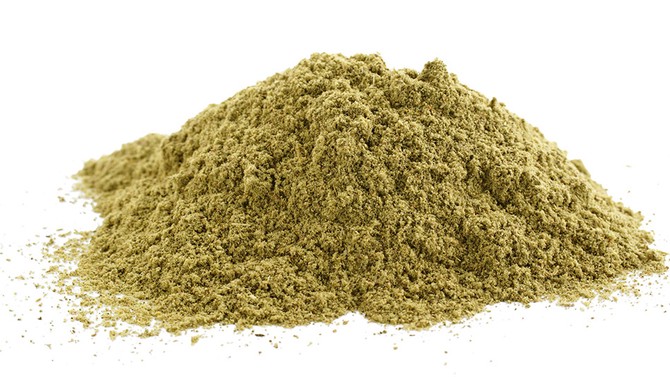
Photo: iStock
Most cooks have a predictable menu of tried and true flavor accents: a sprinkle of thyme, a pinch of paprika. And while many spices are sources of vitamins and antioxidants, some may deliver surprising benefits. We asked Sara Haas, a chef, registered dietitian and spokesperson for the Academy of Nutrition and Dietetics, how to upgrade your spice rack.
Swap Parsley for Sage
Both herbs are high in vitamin K (important for blood clotting and maintaining strong bones), but sage wins out with roughly 26 percent more. And research has shown that the herb, a potential home remedy for Alzheimer's patients, can boost memory. When young adults in one small study took a dose of Spanish sage essential oil, they scored higher on tests that required them to recall a list of words. Parsley may make a better garnish, but "sage's warm, aromatic flavor is excellent for pumpkin or squash dishes," Haas says.
Swap Parsley for Sage
Both herbs are high in vitamin K (important for blood clotting and maintaining strong bones), but sage wins out with roughly 26 percent more. And research has shown that the herb, a potential home remedy for Alzheimer's patients, can boost memory. When young adults in one small study took a dose of Spanish sage essential oil, they scored higher on tests that required them to recall a list of words. Parsley may make a better garnish, but "sage's warm, aromatic flavor is excellent for pumpkin or squash dishes," Haas says.
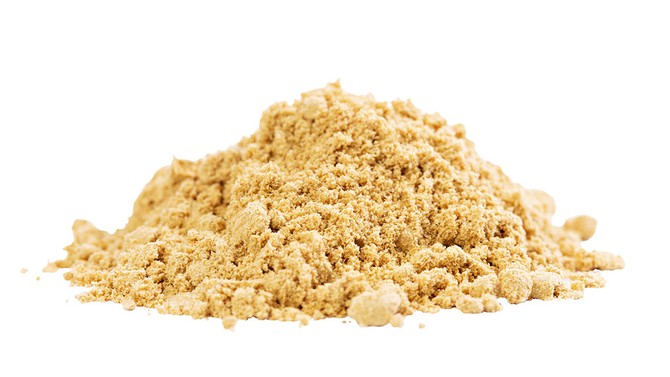
Photo: iStock
Swap Nutmeg for Ginger
A well-known treatment for an upset stomach, antioxidant-rich ginger may also help provide relief for everything from inflammation to menstrual cramps to migraines. And researchers from the University of Michigan's Comprehensive Cancer Center found in a lab study that the powdered root extract could inhibit the growth of ovarian cancer cells. Haas also likes ginger for the surprising zest it can add to foods that typically call for nutmeg, including rice, soups and teas.
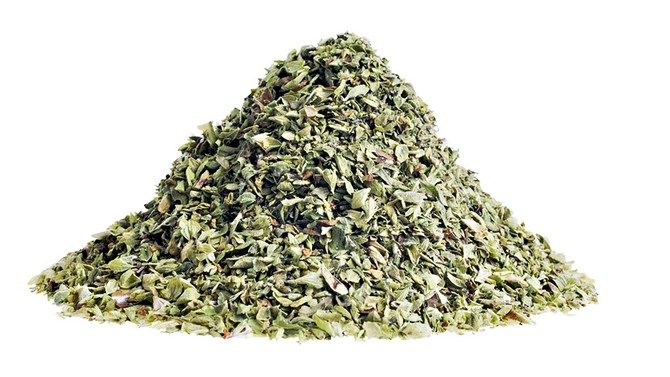
Photo: Richard Clark/Getty Images
Swap Thyme for Oregano
Compared with thyme, one teaspoon of oregano has six times more omega-3 fatty acids, which may aid in regulating clotting, reducing the risk of an irregular heartbeat and protecting against heart disease. "In my house, it's the essential condiment—a match made in heaven for pasta sauces and risottos," says Haas. If you already use Italian oregano, try the Mexican variety. Although it's grown from a different plant, it boasts some of the same antioxidants as the traditional herb.
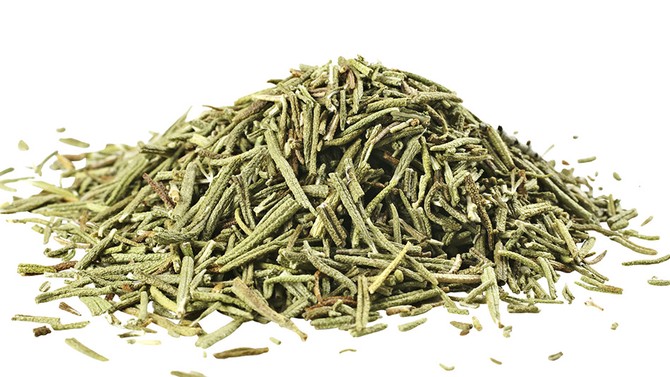
Photo: iStock
Swap Basil for Rosemary
Rosemary's advantages are impressive. In addition to being a good source of iron and calcium, it contains a compound that may help manage type 2 diabetes. Another bonus: The herb has been found to lower a carcinogen risk associated with red meat. When cooked at high temps, meat can produce toxins that have been linked to certain cancers—but adding rosemary extract to ground beef before cooking resulted in lower levels of the potential carcinogens.
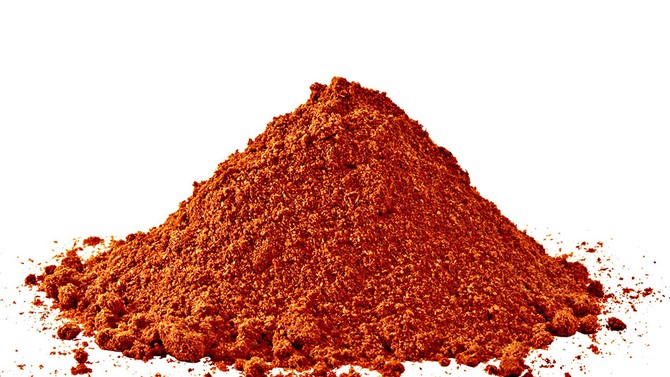
Photo: iStock
Swap Black Pepper for Cayenne Pepper
Around the world, spicy cayenne pepper has traditionally been used to ease digestion and relieve pain. Some scientists believe its main ingredient, capsaicin, could be a cancer fighter; one study in The Journal of Clinical Investigation found that capsaicin reduced the risk of colorectal cancer in tumor-prone mice, extending their life-span by 30 percent (human trials are next). Plus, a study in the International Journal of Obesity showed that capsaicin can help increase satiety and reduce fat intake—the perfect reason to bring the heat to your next meal.
From the February 2015 issue of O, The Oprah Magazine

